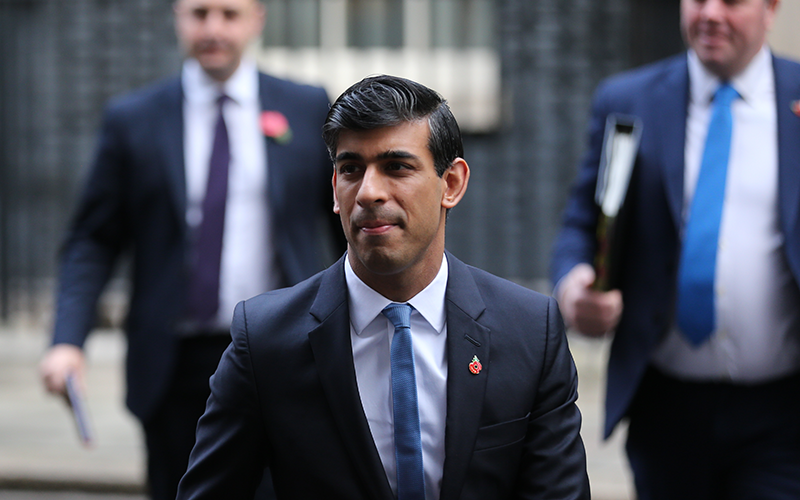
Prime minister Rishi Sunak. Image © Tayfun Salci/Shutterstock
The prime minister is pledging to cut taxes and offer loans to first time buyers as part of the Conservative election manifesto.
Rishi Sunak and other senior cabinet members gathered at the Silverstone motor racing circuit for the main set piece of the election campaign in which he set out his party’s plans for voters.
One of the main pledges was focused on support for first-time buyers.
Sunak has already revealed the party wants to raise the stamp duty threshold to £425,000, mainly to help first-time-buyers. And he will also revive the help-to-buy programme by offering equity loans of up to 20%. Purchasers would have to find the first 5% of the asking price.
Work and pensions secretary Mel Stride said: “We think this really matters to families up and down the country.”
But the headline announcement will be the pledge championed by chancellor Jeremy Hunt to cut national insurance contributions by a further 2p.
It’s a provocative policy that will prompt challenge and is also aimed at ensuring the party can claim it is the lowest-taxing party.
But the idea was swiftly challenged by politicians and a think-tank.
Shadow health secretary Wes Streeting claimed there was no room in government finances to be able to deliver the policy and called the manifesto “the most expensive panic attack in history”.
The IPPR think-tank gave a more detailed response, warning the policy would cost the Treasury at least £10bn and that for every £1 spent on NICs cuts, 47p would go to the highest earning households.
The group also argued that the policy would disproportionately benefit households in London and the South East.
The IPPR published an analysis showing that a worker on median pay would benefit by £325 a year – or £6.25 a week. It claimed the majority of the benefit would go to the highest earners: for every £1 spent on NICs cuts, 47p would go to the highest earning fifth of households, while only 2p would go to the poorest fifth.
Dr George Dibb, associate director for economic policy at IPPR, said: “What is absolutely clear is that any potential cut to National Insurance would predominantly benefit the highest earners, and those in the most affluent parts of the UK.
“It is also clear that such a huge tax cut will need to be properly funded if we want to avoid another crisis like the one that followed the mini-budget in 2022. Polling is clear that the public don’t want to see tax cuts that mean further cuts to already desperate public services like the NHS.”










